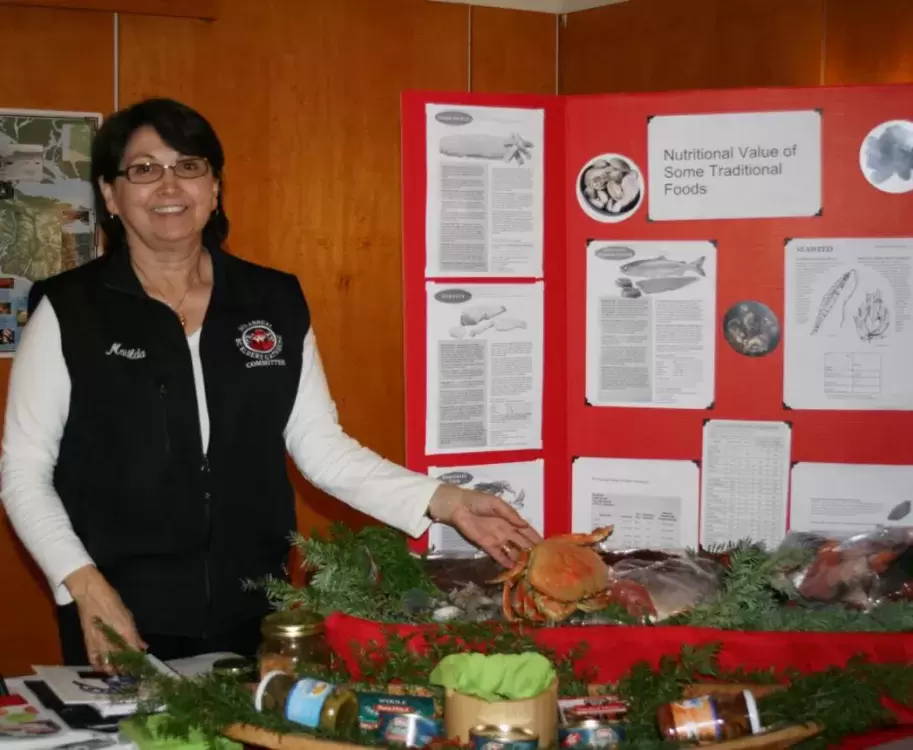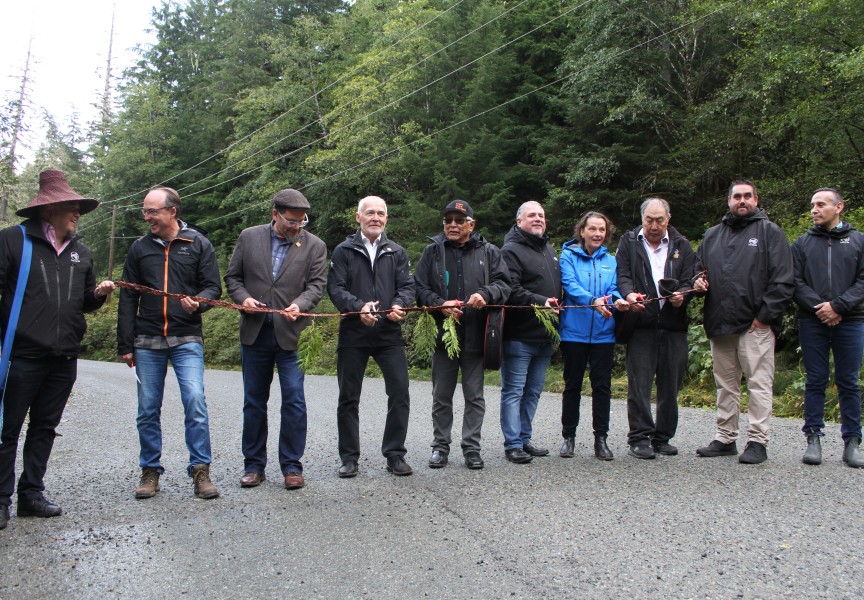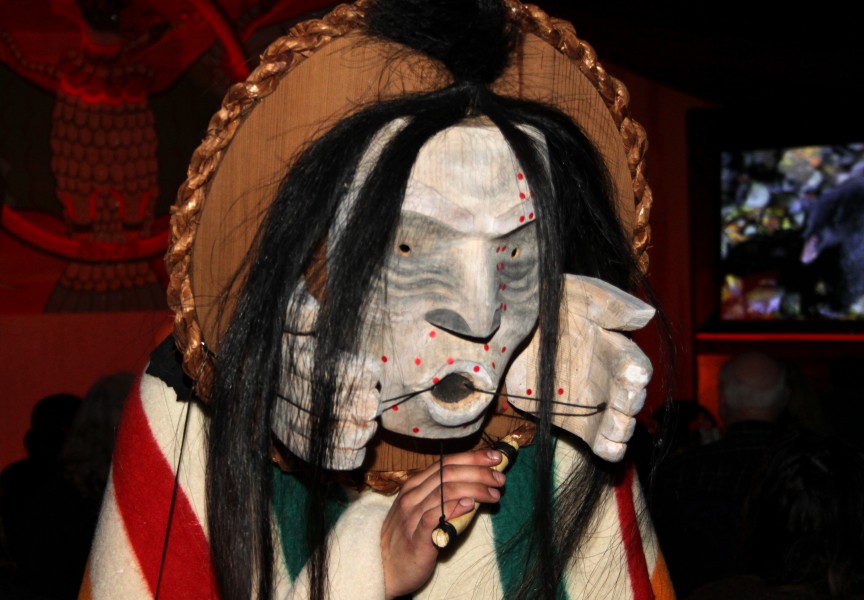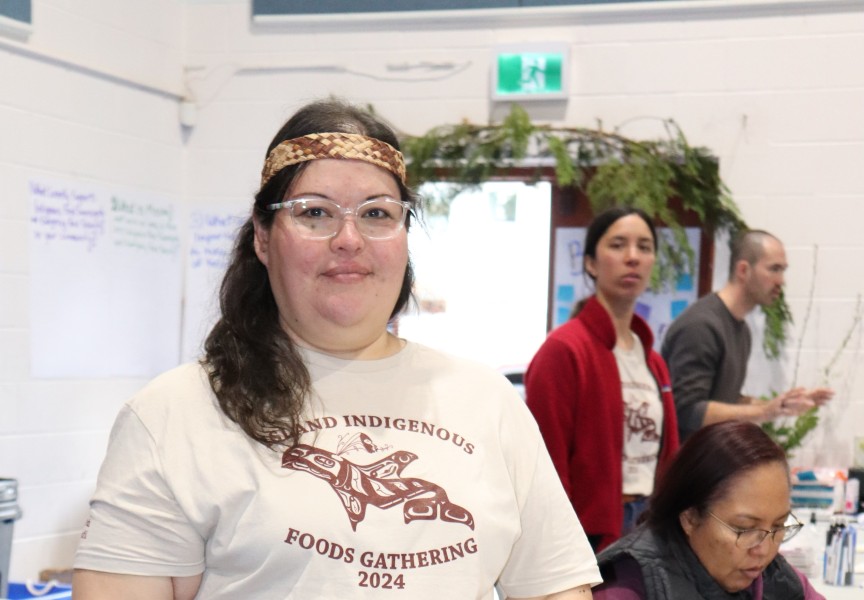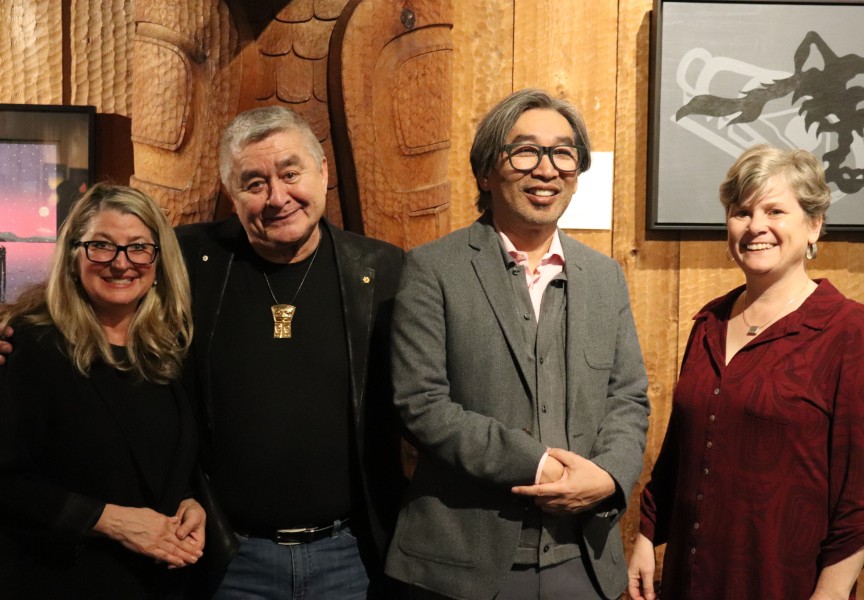November is diabetes awareness month. It’s a major issue for most Canadians, but is of even greater concern for First Nations people, especially regarding type 2 diabetes. The rates at which First Nations people are diagnosed with this kind of diabetes is three to five times higher than the non-aboriginal population, according to Diabetes Canada. And the age that aboriginal people are diagnosed with the same disease, compared to non-aboriginal people, is also younger.
“There’s this whole list of things that are factors for our people,” said Matilda Atleo, Health Promotion Worker for the Nuu-Chah-Nulth Tribal Council. “And I do believe just looking at our community members, we have a lot of people at risk for diabetes. Just being First Nations is a risk factor.”
Atleo has been working for 15-years to educate Nuu-Chah-Nulth nation members about the causes of diabetes and treatment after a diagnosis.
“From what I’ve read over the years, it has something to do with a change in the traditional diet,” she added. “When you look at it nowadays, there’s a lot of processed foods, lot of high in carbohydrates.”
According to Atleo, that’s the key piece every Nuu-chah-nulth member – or any First Nations person - should watch for. The food which First Nations people have been exposed to post-colonialism has had a terrible effect on their bodies. And a diagnosis can be life-changing, which Atleo knows from personal experience. Atleo’s husband passed away from the disease 12-years-ago, at the age of 59.
“He never took care of himself. He’d go to the doctor and the doctor would scold him, so he never went back for a while,” she said. “At that time, I didn’t know much about diabetes, either,”
Atleo watched her husband grow feeble from the disease over forty years—a blessing by some standards, because most people don’t live nearly that long after they are diagnosed. But he was also a teenager when he found out he had the disease. Atleo has been a staunch advocate for better diabetes health since her husband’s passing.
One thing Atleo would like to see more of in her community is gatherings that bring people together, where they can talk and learn about diabetes in a group setting over a few days. She tried this once a few-years-ago to great success, she said. She also visits schools and holds seminars to teach others about diabetes. And she is always open to people reaching out just to chat.
Atleo believes it’s the responsibility of a whole community to manage the risks.
“One thing I can say for sure is people are very conscious of it now. When they see me… let’s say I’m out for lunch… if people are not eating very healthy, they’ll be hiding what they’re eating,” she said, emphasizing the fact that people are truly taking in what she has shared with them, though they may not always follow it.
Atleo also acknowledges that not everyone can afford healthy food. In today’s market, bad food is cheaper than healthy food, and Atleo knows from experience what it’s like to be poor and only able to purchase the unhealthier options. But she still wants to share the importance of making the best choices possible when it comes to health.
Bad food aside, some of the other risks Nuu-chah-nulth-aht can look out for are: being overweight, being over the age of 40, having a parent, brother or sister with diabetes, having given birth to a baby over nine pounds, having had gestational diabetes (diabetes onset while pregnant), high blood pressure and high cholesterol. All of those factors can be a sign that someone may have diabetes, or could get Type 2 diabetes at some point. Atleo says losing weight and watching your diet can help to avoid the disease, or prevent other complications if one already has diabetes.
“Diabetes is a progressive disease, but you can prolong the progressions if you take care of yourself,” said Atleo, adding there are a few community members struggling with diabetic conditions, such as losing nerve damage in the feet and hands and blindness.
“I guess I’m really passionate about it because of my late husband,” she said. “People don’t have to die from it.”
Atleo’s fellow community health worker and registered nurse for NTC, Sonia Somerville, also spends a lot of time in education and prevention of diabetes within the community. She is well-versed in the causes, the risk factors, the complications, and the treatments for the disease. Like Atleo, she’s encouraged that, while the numbers have increased, so has awareness.
“I’ve been with the NTC since 2008…so almost 10-years. And I’ve definitely seen a rise in the number of diagnosed cases,” said Somerville. “I honestly think the numbers have always been there, but I think with the education and just talking about it more openly, and talking about awareness with people, people are starting to take more interest because of our approach.”
Somerville strongly urges those concerned about diabetes to request the Hemoglobin A1C test. This is far more effective than the fasting blood-glucose test, because it gives the blood-glucose average over a significantly longer period of time—giving a clearer picture of what’s happening in a person’s body, she said.
“With our home care team we try to promote the prevention side of diabetes. In the past we’ve had health fairs, and at community wellness events we always have a table,” said Somervile. “And Matilda’s such a great asset to our nursing team. She’s so knowledgeable and passionate... I always encourage people to reach out to her.”

